Ginzan Onsen: The Legendary Hot Spring to See!

Anna Ayvazyan
Posted on June 24, 2024
Share:
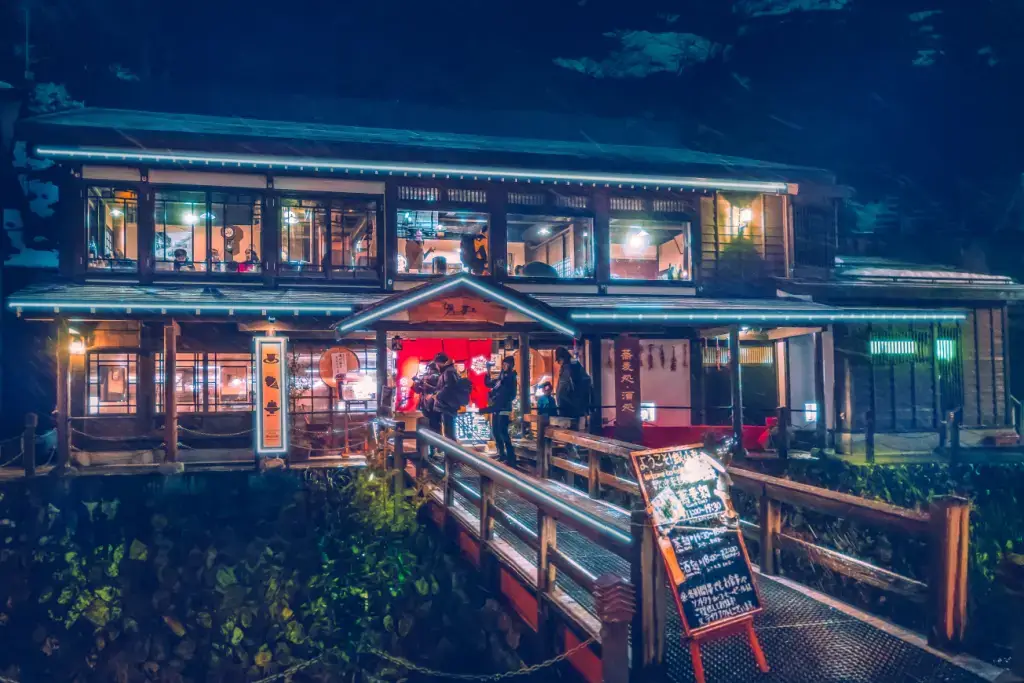
If you’re looking for a relaxing retreat in a secluded mountainous area, you should check out Ginzan Onsen! Ginzan Onsen, sometimes referred to as Japan’s prettiest onsen town, offers spectacular views with traditional architecture and relaxing onsen facilities. In this article, we will introduce the unique points of Ginzan Onsen and the best places to visit nearby, including Shirogane Park, Mogami River, and Zao Onsen Ski Resort.
Where is Ginzan Onsen?
Ginzan Onsen is located in Yamagata Prefecture in the Tohoku region. In the 1400s, miners used the site for silver mining, which gave the town its name—”ginzan,” meaning “silver mine”|. Eventually, the mining business shut down, but developers opened many hot spring resorts and ryokans along the Ginzan River that runs through the town. They constructed many major facilities between the 1920s and 1930s, still in use today!
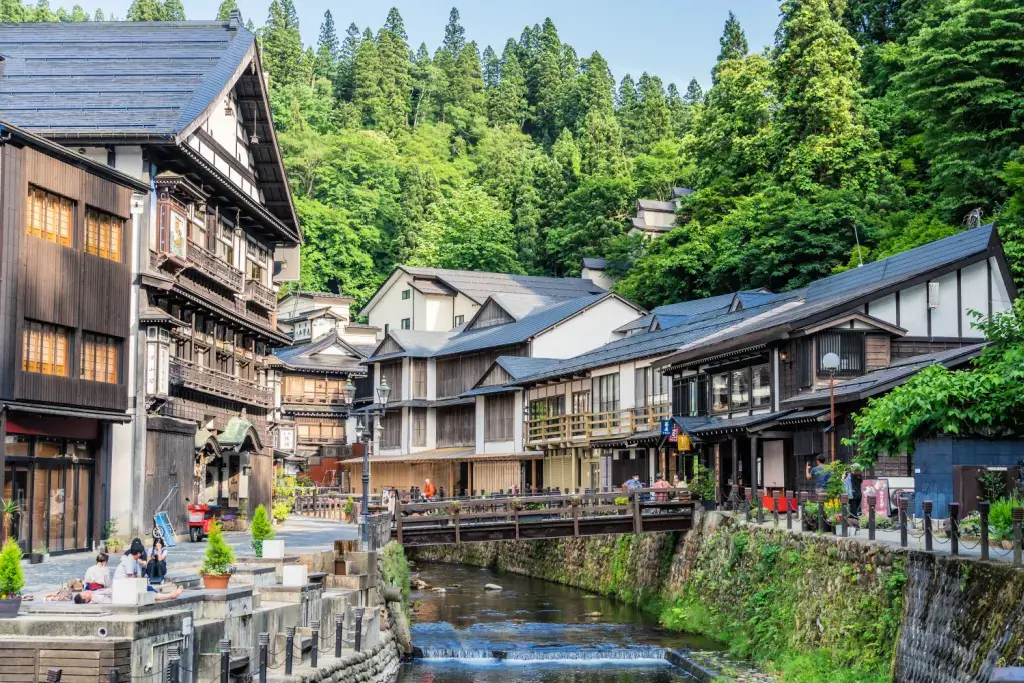
This town is accessible by taking the Tohoku Shinkansen from Tokyo and getting off at Oishida station. Buses leave from Oishida Station to Ginzan Onsen every 60-90 minutes, and the journey takes approximately 35 minutes. Alternatively, you can fly to Yamagata Airport and take a direct bus, which takes 70 to 90 minutes.
What makes it unique from other onsen?
Ginzan Onsen is particularly renowned for its traditional wooden architecture, which gives the town a nostalgic atmosphere. Some of the ryokans in the town are centuries old, which can make you feel like you’re time-traveling into another era! The picturesque scenes of the Ginzan Onsen inspired the bathhouses seen in the Studio Ghibli film Spirited Away.
One of the best times to visit Ginzan Onsen is during winter when the region receives a lot of snow. When the sun goes down, the town’s lanterns light up the town, and together with the snow, it creates a very dreamy atmosphere! Additionally, many resorts have outdoor onsen facilities, allowing visitors to soak in the hot springs surrounded by a picturesque winter landscape.
While the majority of buildings in the town were constructed centuries ago, one modern building stands out. Fujiya Ryokan was designed by the famous architect Kuma Kengo. Featuring modern and traditional elements, staying at this ryokan can be one of the highlights of your trip!
Are you looking for great snacks while relaxing in a hot spa resort? Try Sakuraco! Sakuraco delivers traditional Japanese snacks, sweets, tableware, and more from local Japanese makers right to your door, perfect for a pleasant snack time at home!
What other attractions can I go to nearby?
Shirogane Park
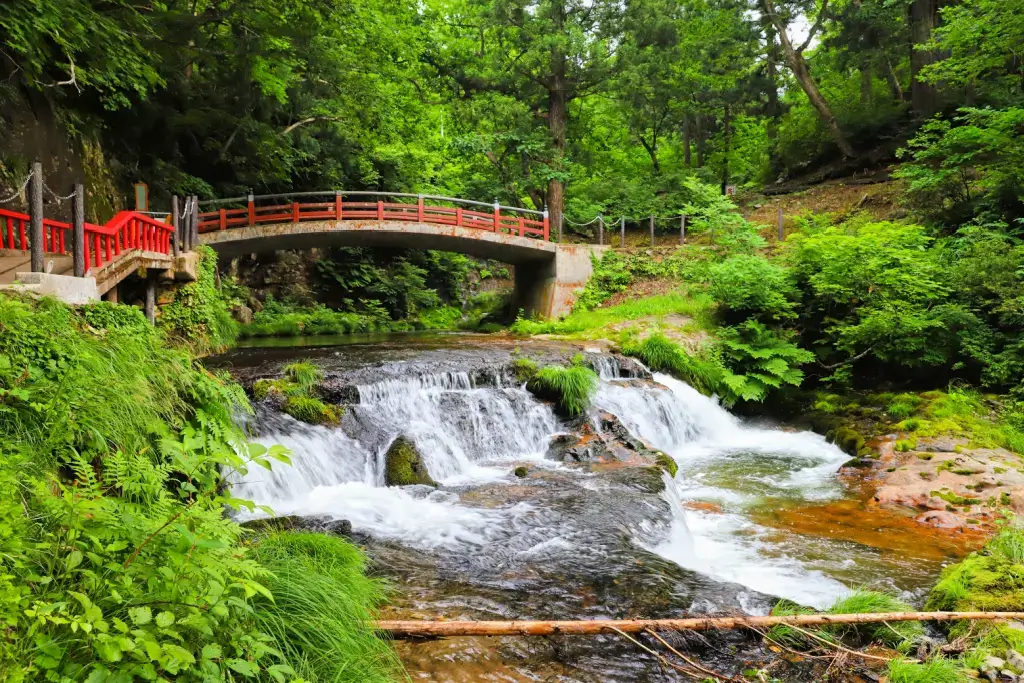
Shirogane Park is located on the southern outskirts of the town. This park connects the onsen to the shuttered silver mines. You can hike through the park in warmer months, with the entire trail around 2.5 miles or four kilometers. You can also see the tunnels used for mining operations and small flower gardens in the park. The highlight of the park is the 72-foot-tall Shirogane Waterfall. However, the park is closed during winter due to heavy snowfall.
Mogami River
Mogami River is a popular destination for Japanese people because it was mentioned by the great Haiku master Basho Matsuo. In his poem “Oku no Hosomichi” (The Narrow Road to the Deep North), Matsuo talks about his boat journey down the rapids. The Mogami River is also one of the three fastest-flowing rivers in Japan. While the rivers are fast, taking a comfortable boat ride and enjoying the breathtaking scenery during the different seasons is possible.
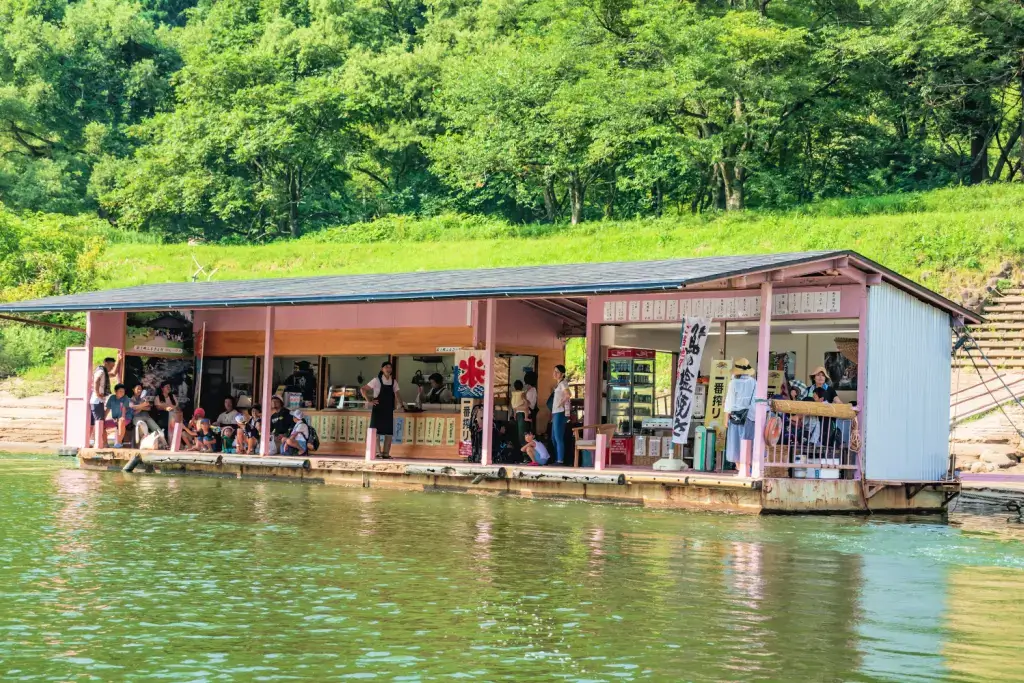
In spring, the river is surrounded by beautiful cherry blossom trees. In summer, you can escape the heat by enjoying the refreshing breezes from the trees. From late October to late November, the views of the surrounding mountains transformed by fall leaves create dazzling reflections on the water. During colder months, these boats also offer unique kotatsu tour options where you can cozy up under a low-heated table with a cup of hot sake!
Zao Onsen Ski Resort
If you love skiing or snowboarding, visit Zao Onsen Ski Resort! This ski resort has a delightful array of slopes to cater to any level of expertise. As the name suggests, this resort also has onsen facilities, which can be a great way to relax after a day’s activities!
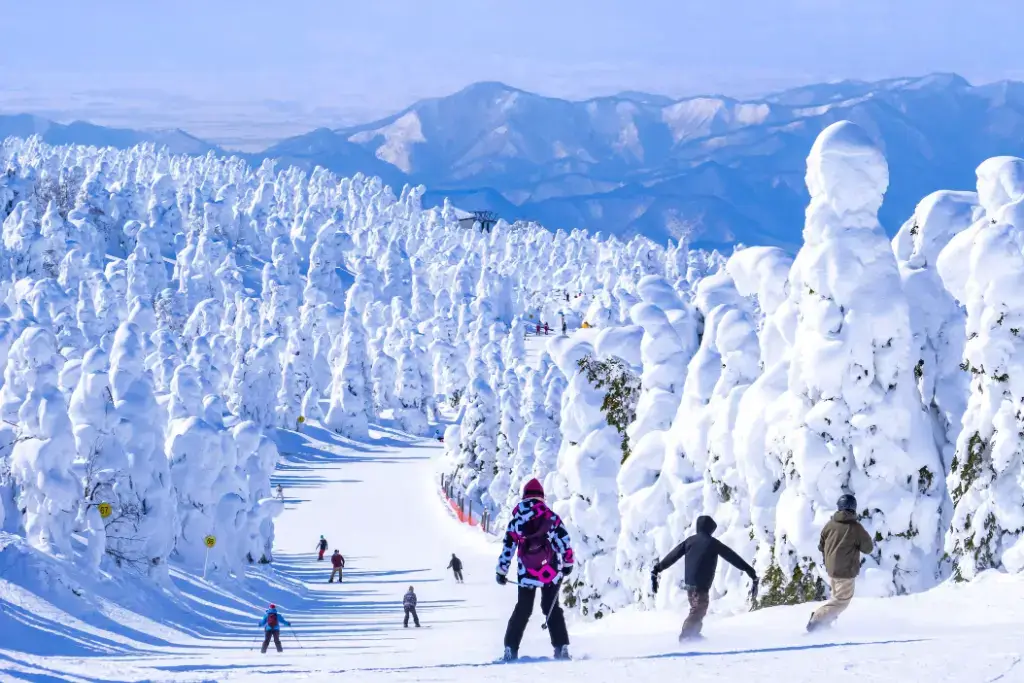
In addition to its slopes, the ski resort is famous for its natural phenomenon of “snow monsters,” referred to as juhyo in Japanese. These snow monsters form on trees in the upper area during the peak winter season. People can only find these formations in a few places in Japan, so many Japanese visitors visit Zao Onsen Ski Resort just to see them!
Why should I visit Ginzan Onsen?
Ginzan Onsen uniquely blends historical charm, natural beauty, and cultural richness. The town’s traditional wooden architecture transports visitors back in time. It offers a glimpse into a bygone era while providing modern comforts and amenities. Overall, Ginzan Onsen is a gateway for tourists to explore nearby attractions. These include Shirogane Park, Mogami River, and the renowned Zao Onsen Ski Resort. Each of these destinations offers unique activities and sights.
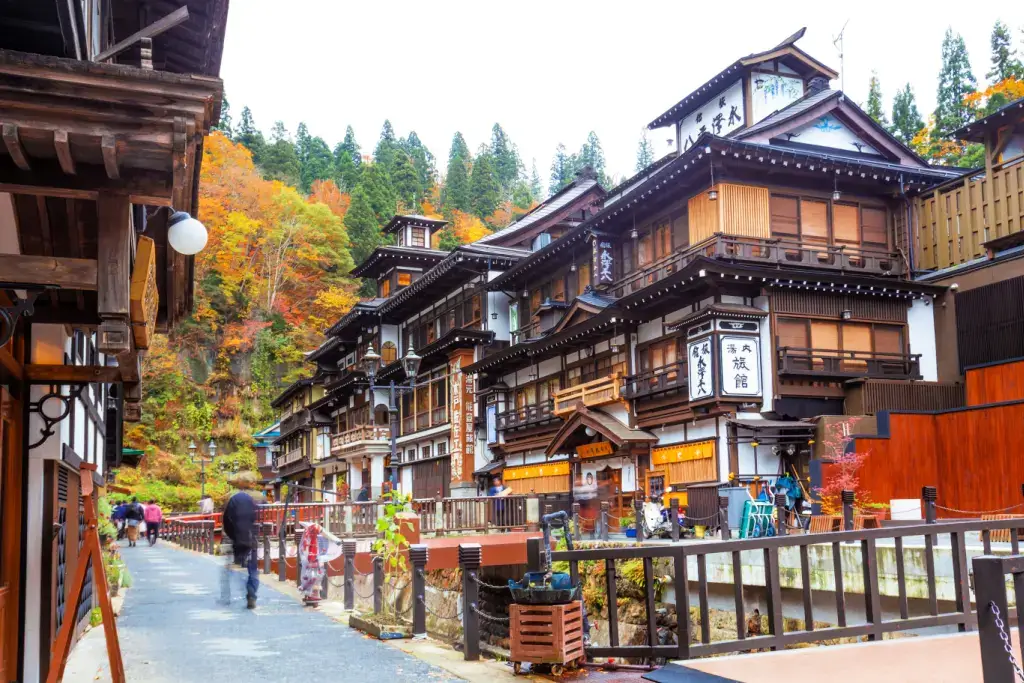
This town offers a variety of experiences. You can go hiking, explore historical sites, or soak in a hot spring. It promises a memorable and enriching visit, captures the essence of Japan’s natural beauty, and showcases its rich cultural heritage. Does your country have a similar town to Ginzan Onsen? Let us know in the comments below!
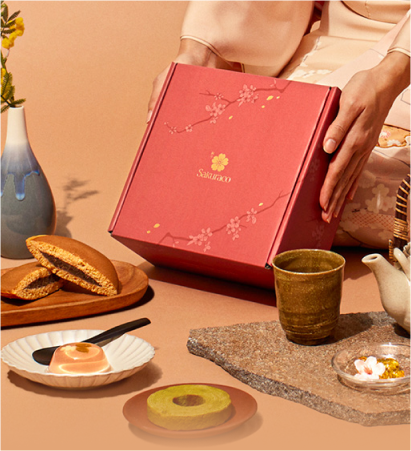
Discover authentic flavors with Sakuraco
Get Sakuraco 

Discover authentic flavors with Sakuraco
Get Sakuraco 
Related Articles

Japanese Calendar: What Are Microseasons?
The Japanese calendar includes many beautiful events, some popular globally and others less known. Kō (microseasons) were once celebrated but replaced by Western seasons
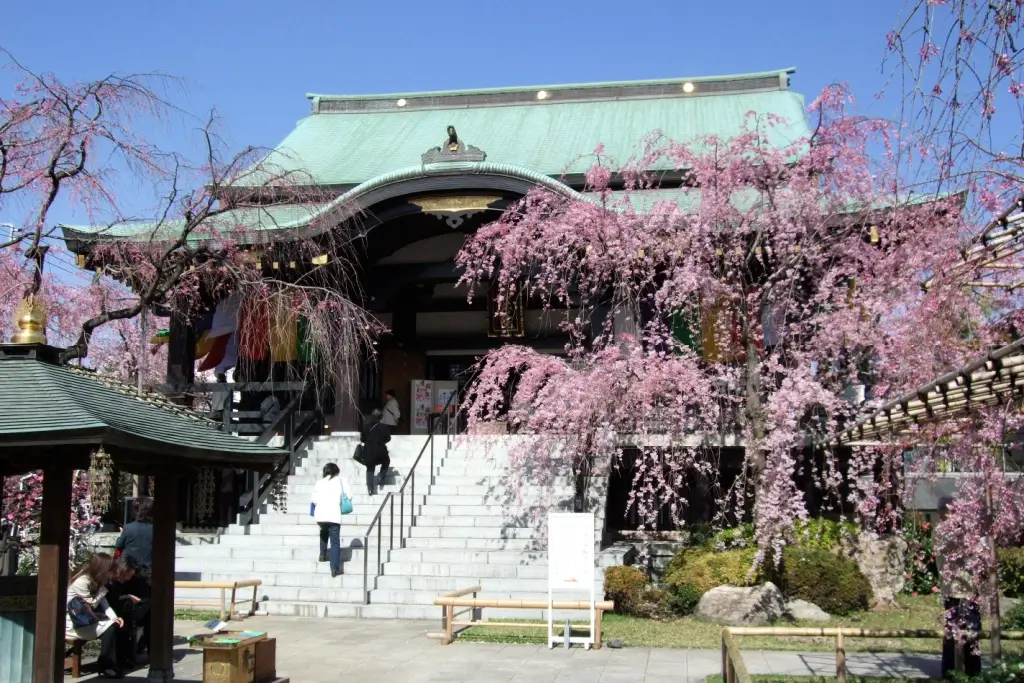
Japanese Castles and More Wonderful Sights in Itabashi!
Japanese castles are reminders of Japan’s history and beautiful examples of the country’s architecture. Let’s check out Itabashi, which is home to some castle ruins.
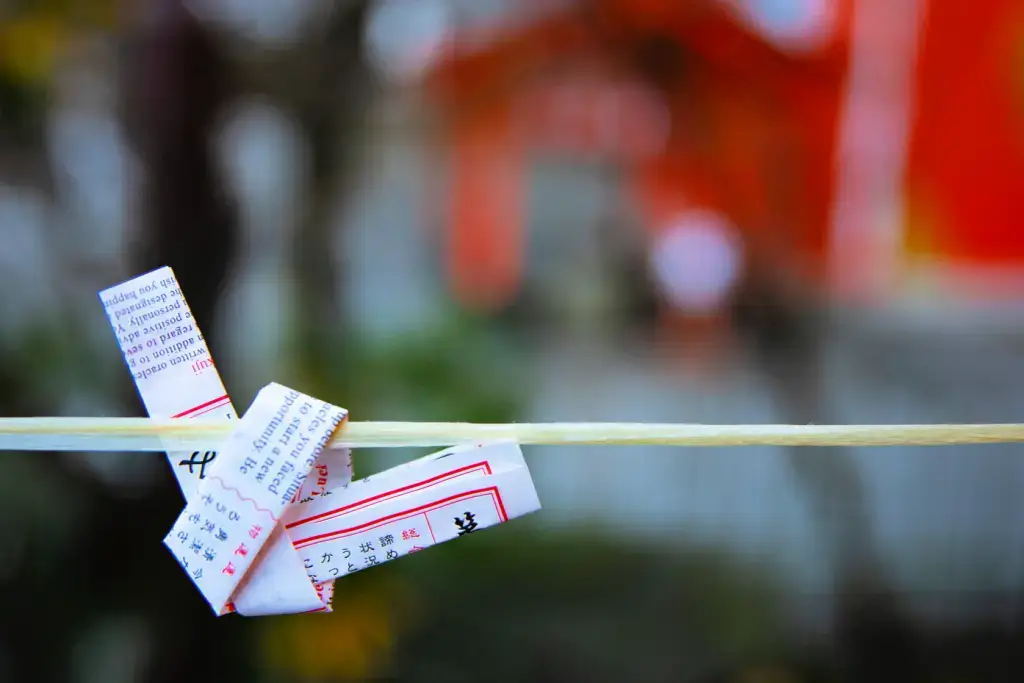
Omikuji: The New Year’s Fortune
Omikuji, which means “sacred lot”, is a popular and traditional way to learn about your fortune in Japan. You can find it at Shinto shrines and Buddhist temples nationwide.
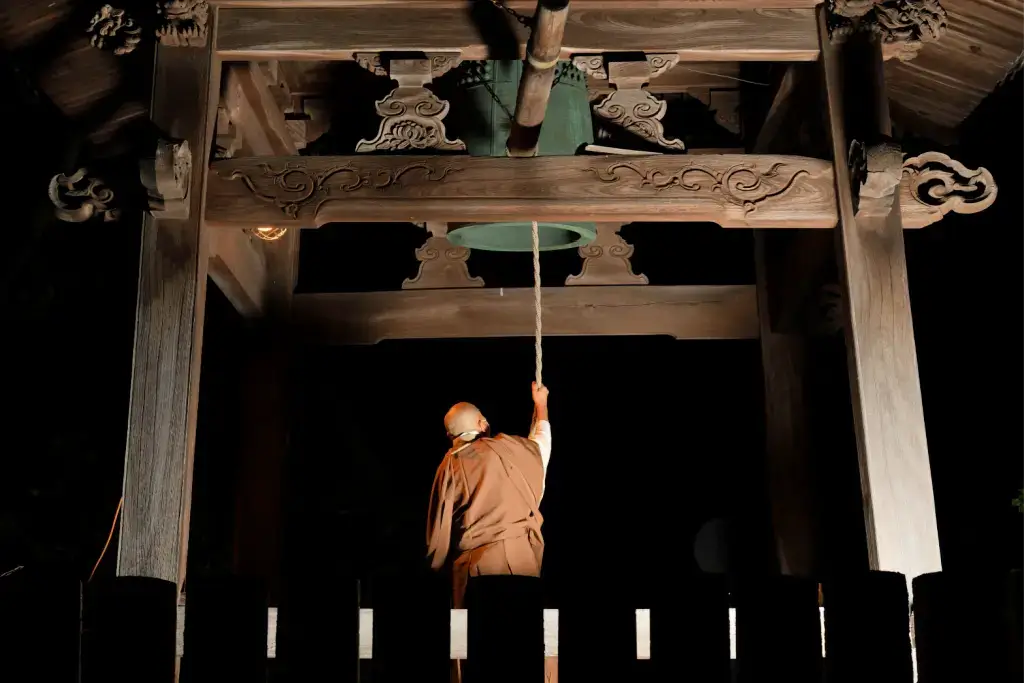
Ring in the New Year: The History of Joya no Kane
Joya no Kane is an important ritual during Japan’s annual Omisoka (New Year’s Eve) celebrations. Japan has practiced this ancient tradition for centuries, carrying a profound Buddhist philosophy.



